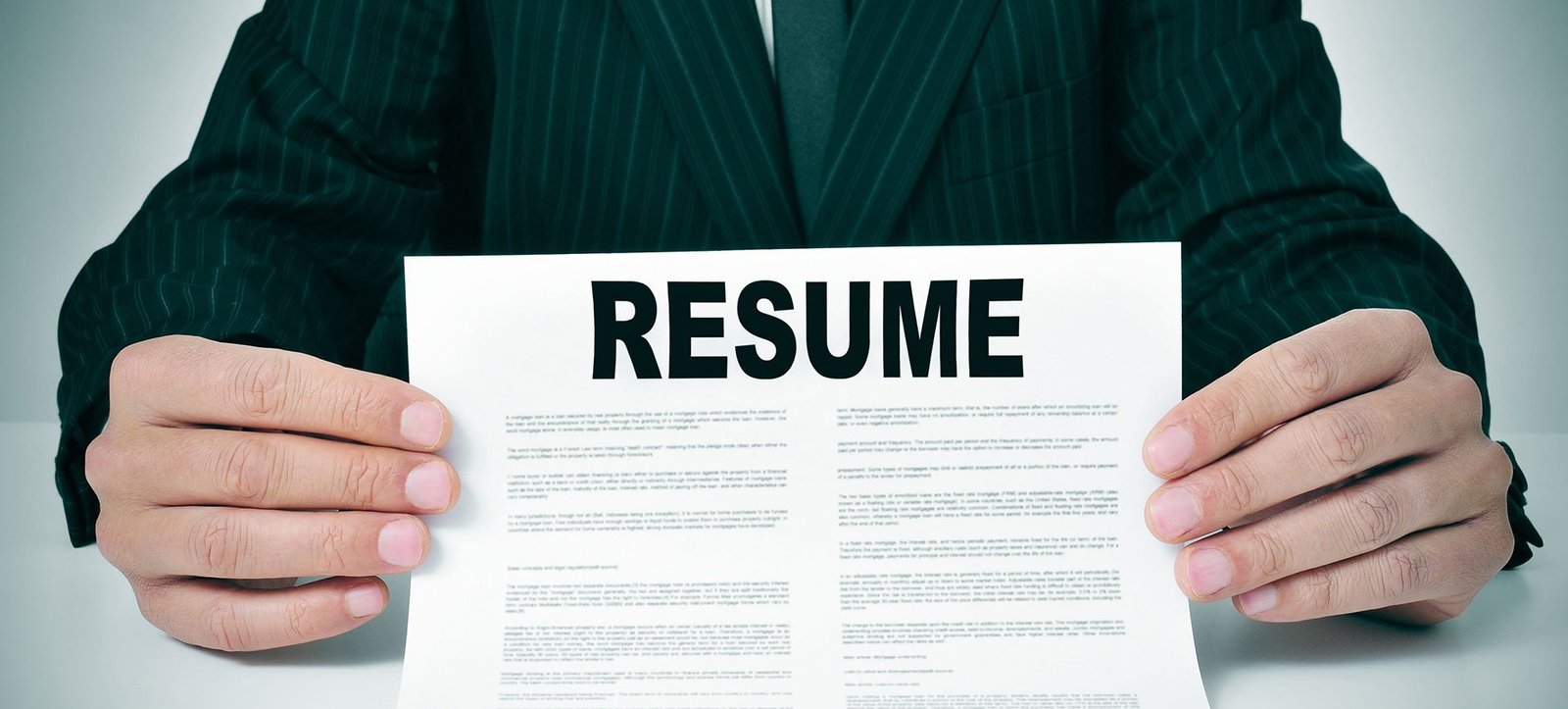Words You Need to Eliminate
“Success doesn’t come from what you do occasionally. It comes from what you do consistently.”
Language can shape our thinking.
Most linguistics claim that the languages you speak may play a role in shaping how you see or experience the world.
For example, if you speak French, you might be a bit more emotional.
Language has astounding power and the vocabulary that we use can affect and shape the experience of our feelings and emotions, positively or negatively.
According to Ludwig Wittgenstein,
“The limits of my language are the limits of my world.”
1. “I Can’t”

It’s surprising how commonly people use the phrases, “I can’t do this” or “I can’t do that”. Saying you can’t do something is a sure way to ensure that you fail to achieve that task.
In the book Rich Dad Poor Dad by Robert Kiyosaki, the author tells a story about how his poor dad always said,
“I can’t afford it” while his rich dad always asked, “How can I afford it?”
Substituting negative statements with questions kick starts your brain to actually think, plan, learn, strategize and grow.
The smallest adjustments in your speech can change the way you view the world and unlock your potential to achieve and succeed more, making what you thought couldn’t be done, done.
2. “Maybe”

When you’re using the word “maybe”, it shows that you have little to no control over the situation.
When you replace “maybe” with a more doubtless word such as a “yes” or “no”, you’ll find that you will start feeling in control again from a linguistic point of view.
3. “Actually” and “But”

According to Inc. by Christina DesMarais, the words “actually” and “but” can put space between you and the person you’re communicating with. For example,
“Actually, you can put it over there.”
“Sure thing, why don’t you put it over there?”
You can notice the difference between the two statements. One implies that the person you’re talking to did something wrong. The second one expresses the same idea in a more suggestive manner.
The word “but” can potentially make your statements more negative. For example,
“I appreciate your efforts, but unfortunately we don’t have this available.”
“I appreciate your efforts! Unfortunately, we don’t have this available.”
The subtle change in eliminating a word can make your message much more positive.
4. “Stuff/Things”

There are so many better ways when describing something. “Stuff” or “thing” is a very casual and generic word. It could be substituted with something better. There’s no detail or precision when using these two words. There is too much left unsaid.
Instead of using “stuff” or “thing”, try and be more precise. For example,
“Remember when we did that thing where…”
“Remember that night when we went to the pool and…”
It just adds more interest.
5. “Literally”

Sound expert Julian Treasure claims the way we speak and the words we use affect how we connect with people.
He claims there are 7 deadly sins of speaking, the 6th of the 7 being exaggeration.
He mentions one example in his TED X talks about how misusing and being exaggerative with words can even be derogatory to language. For example,
“Penultimate…exaggeration. It demeans our language, actually, sometimes. For example, if I see something that really is awesome, what do I call it?”
He further mentions how this exaggeration can be considered lying and “we don’t want to listen to people we know are lying to us.”
In summary,
The way you speak or write has a great deal of impact on whether or not the listener or reader is engaged in what you have to say.
Whether you’re writing for your CEO, finishing a thesis or marketing a product, using the right words can transform our reality.


















